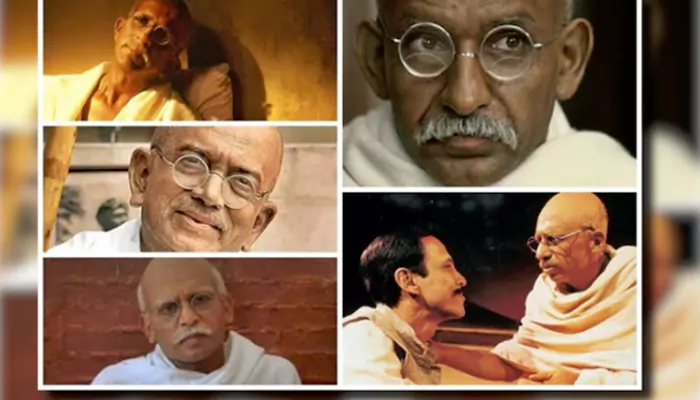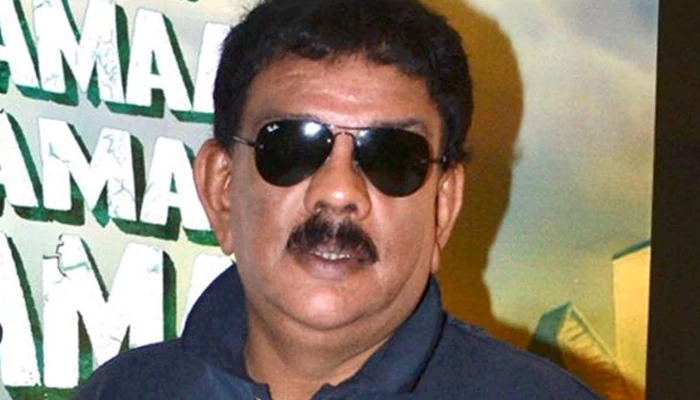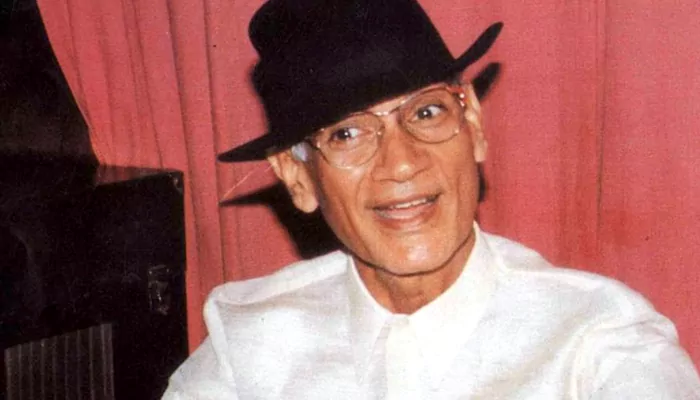Celebrating Shabana Azmi’s Birthday: The Face of Parallel Cinema Who Still Rules the Stage
- Sanchari Das
- 4 months ago
- 3 minutes read

Honouring the legacy of a woman who made art a tool for change
There are some actors whose presence on screen feels like truth itself. Shabana Azmi is one of them. Born on 18 September 1950, she entered Indian cinema at a time when glamour often overshadowed substance. Yet, she quietly built a career that showed the opposite could be just as powerful. Her face came to define the country’s parallel cinema, a movement that valued realism, social themes, and honest storytelling. On her birthday, it feels right to reflect not only on her roles but also on the spirit that guides her.
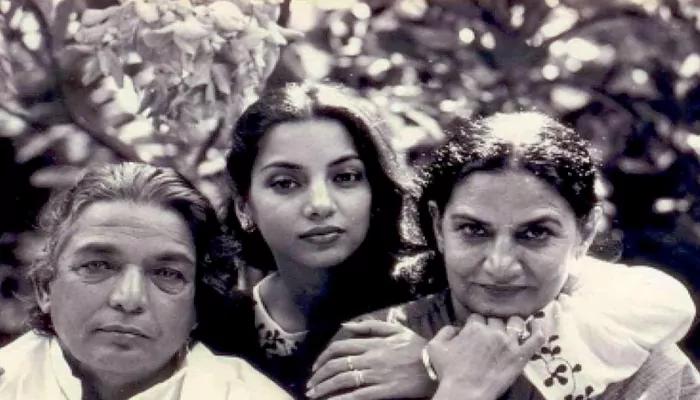
Early Roots in a World of Words and Ideas
Shabana Azmi grew up surrounded by art and activism. Her father, Kaifi Azmi, was one of India’s great Urdu poets. Her mother, Shaukat Azmi, was a respected theatre actor. Their home was filled with ideas, poetry, and political thought. It was only natural that she carried this inheritance into her own life. For her, acting was never just about performance—it was also about using art to question, to disturb, and to heal.
The Bold Entrance with Ankur
Her debut in Shyam Benegal’s Ankur (1974) was a rare moment in cinema. Few actors have stepped into the industry with such conviction. She played Lakshmi, a poor village woman, with restraint and dignity, leaving audiences shaken. The performance brought her a National Award right at the start, but more importantly, it marked the arrival of a new kind of heroine—one who didn’t need glamour to be unforgettable.
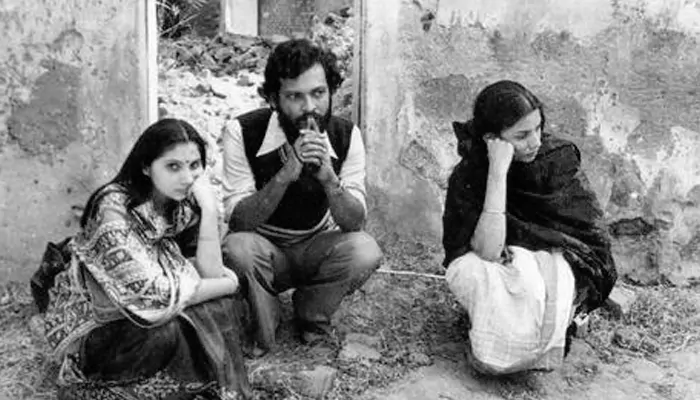
A Career of Unflinching Choices
Over the decades, Shabana Azmi chose films that most actors of her time might have avoided. Arth, Paar, Khandhar, and Godmother are not easy stories. They are films that confront abandonment, exploitation, despair, and resilience. She never shied away from playing women who were bruised by life but refused to remain silent. Her acting was not about big gestures; it was about stillness, eyes that spoke, and silences that carried weight.
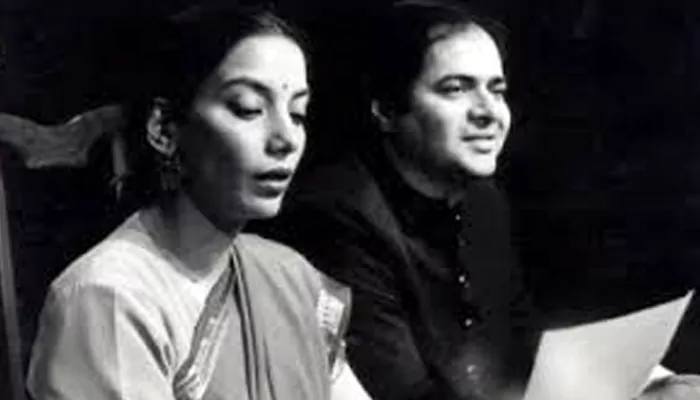
Theatre: Where the Voice Stays Raw
Though cinema brought her recognition, theatre has always remained close to her heart. Her performances in plays like Tumhari Amrita showed a side of her art that is intimate and unfiltered. On stage, without the crutch of retakes, she holds audiences spellbound with little more than words and presence. It is this discipline that keeps her grounded, reminding us that acting is as much about listening as it is about speaking.
Beyond Acting: A Life of Responsibility
Shabana Azmi is not only an actor but also an activist. She has stood for causes ranging from slum rehabilitation to women’s rights, from communal harmony to public health. Her years in the Rajya Sabha reflected this sense of responsibility. She has used her fame not for indulgence but for change, proving that art and activism need not be separate paths.
A Legacy Still in Motion
Today, even after five decades, Shabana Azmi continues to perform with the same clarity and honesty. Whether on screen, on stage, or in conversation, she remains relevant because her art is rooted in truth. She is not just a figure of nostalgia but a living presence that continues to inspire. Her birthday is not simply a celebration of an individual but a reminder of what cinema can achieve when guided by conscience.






